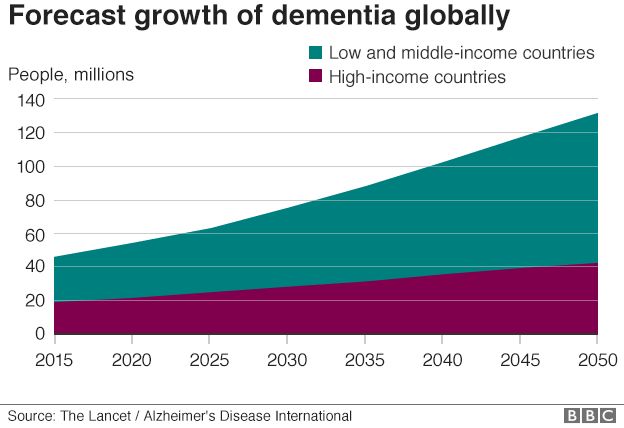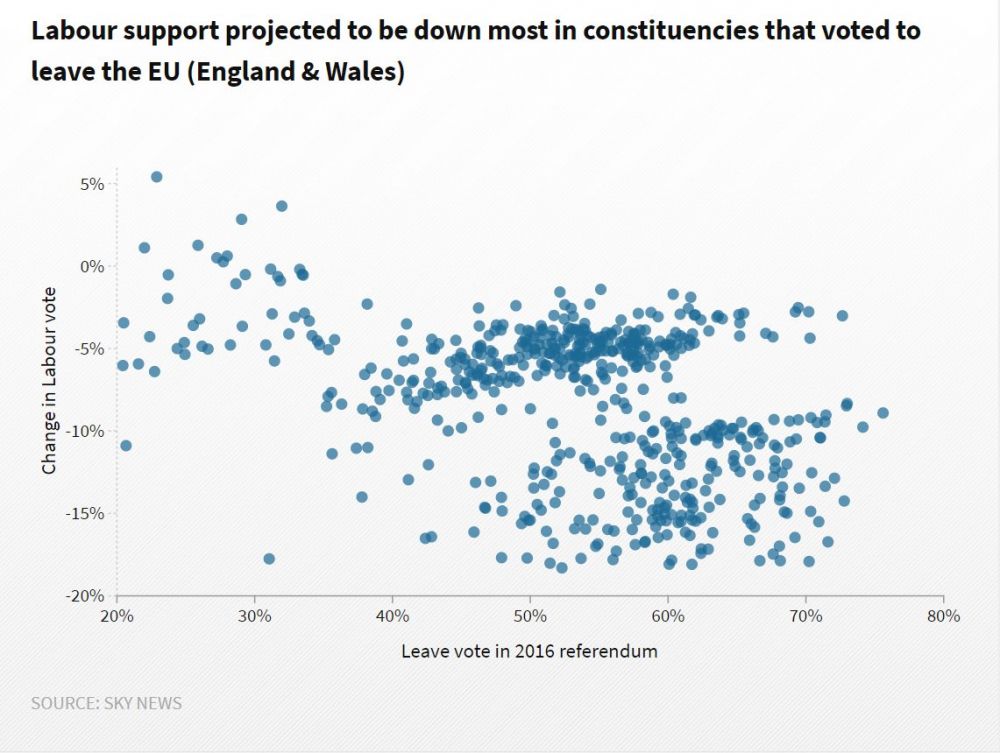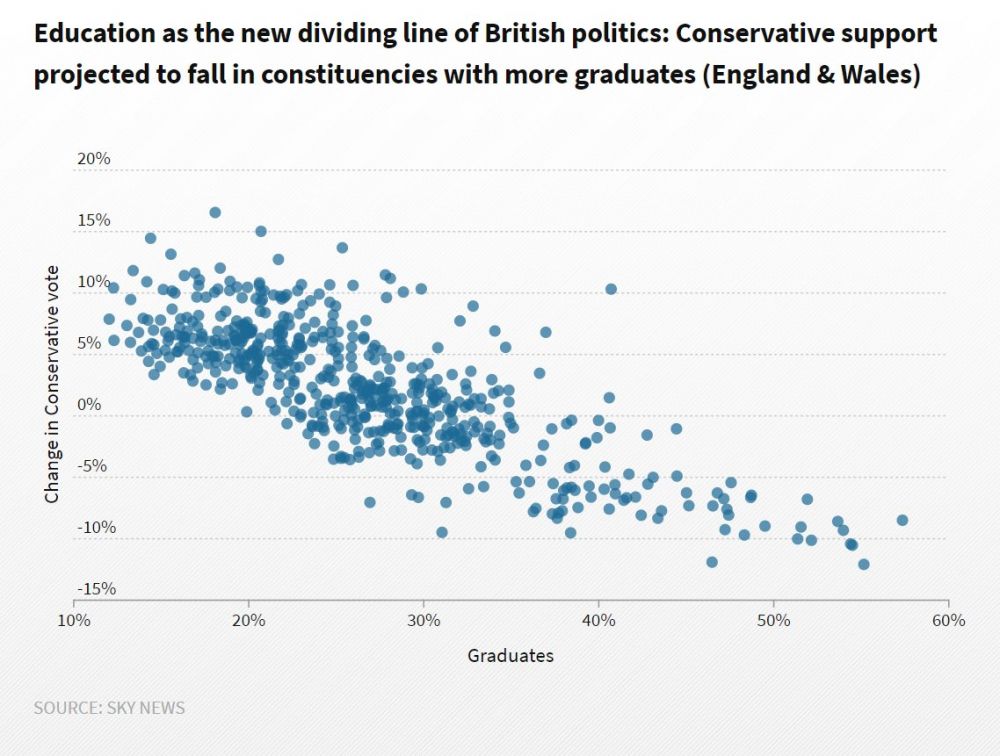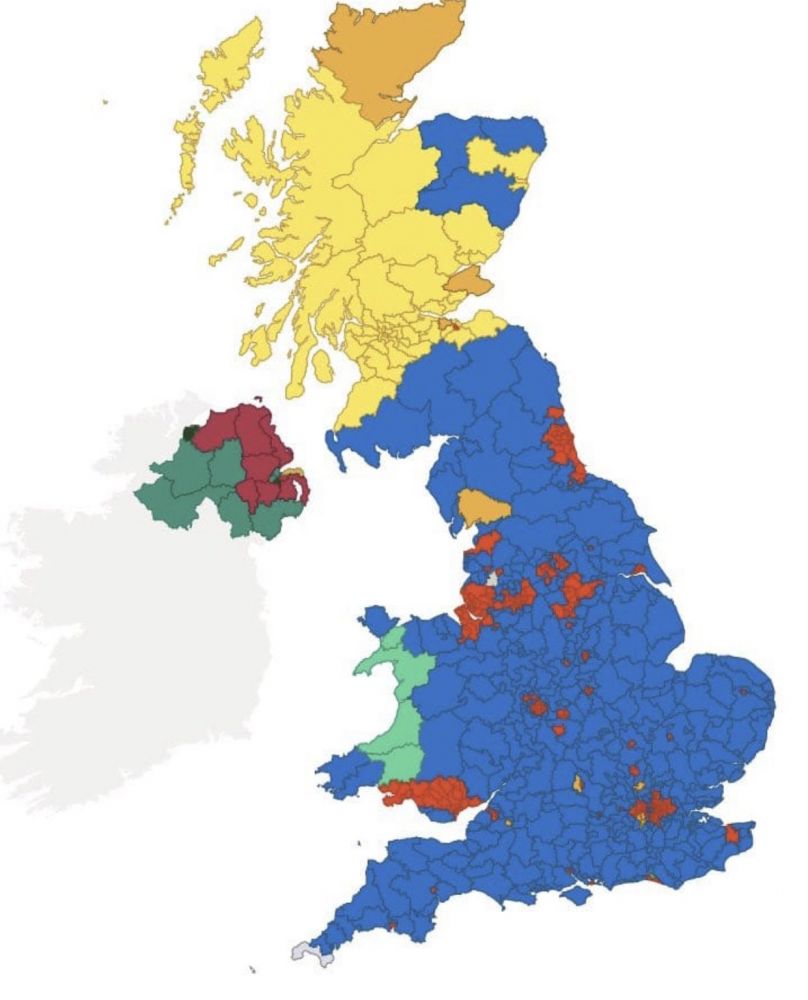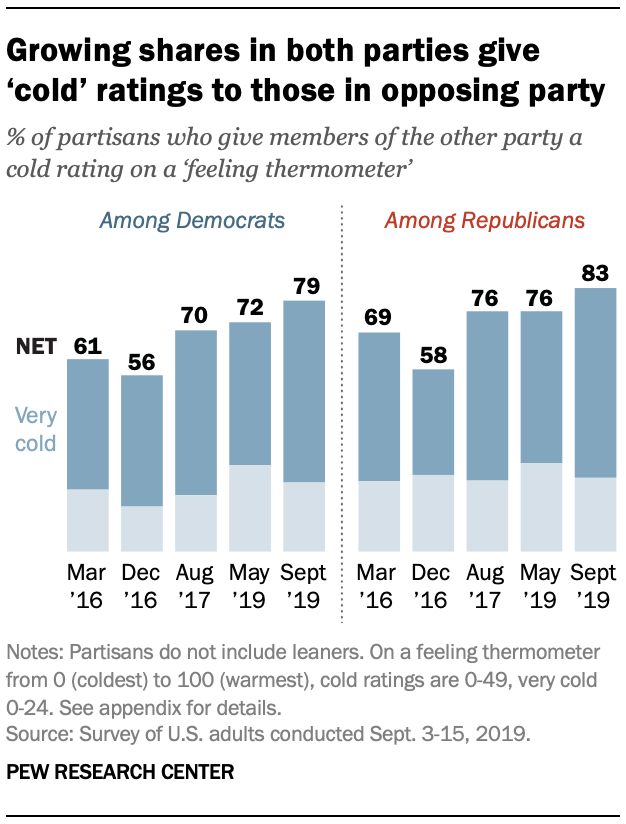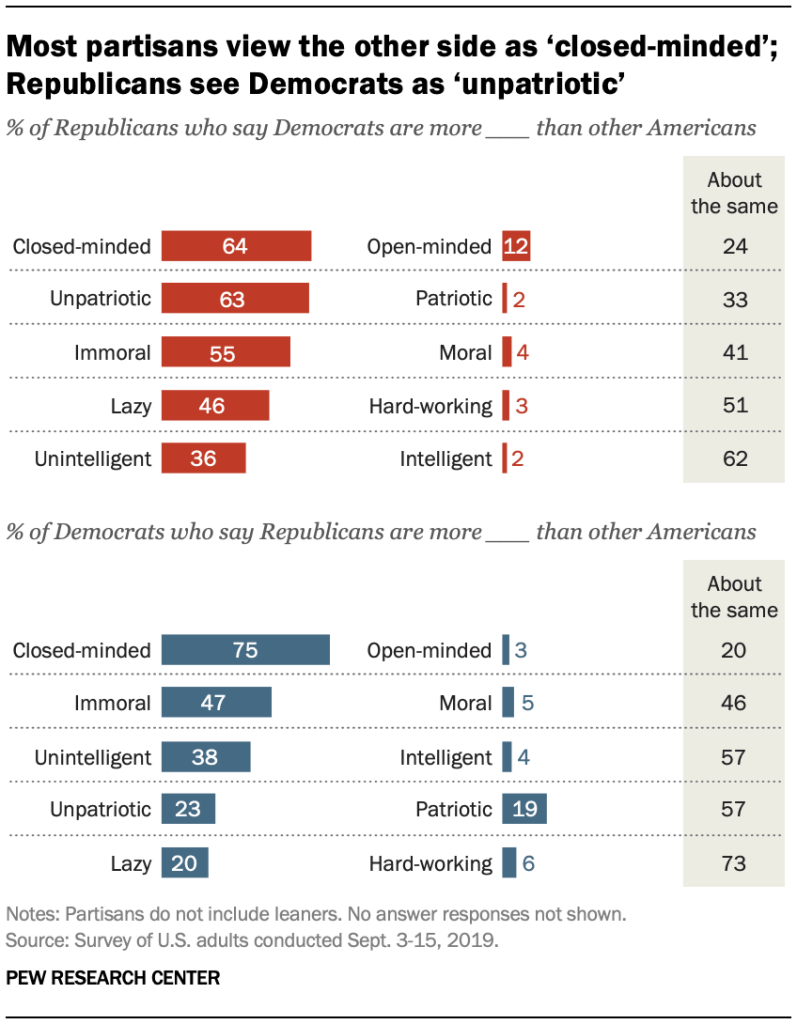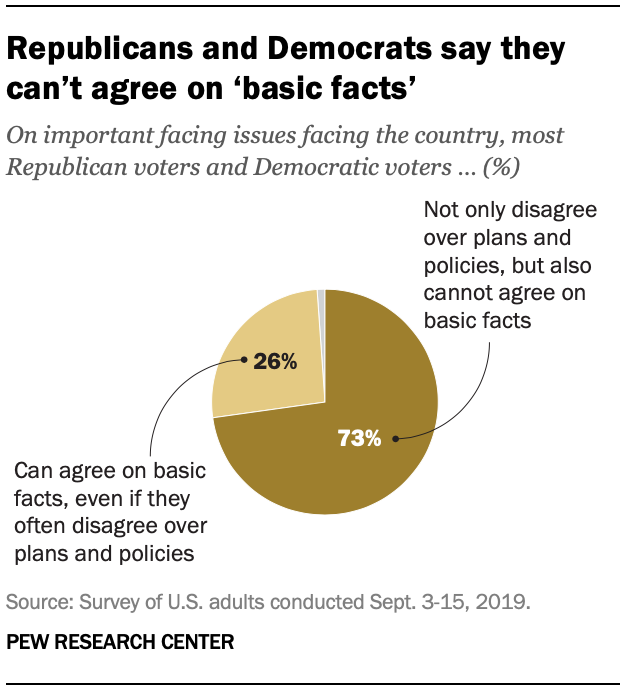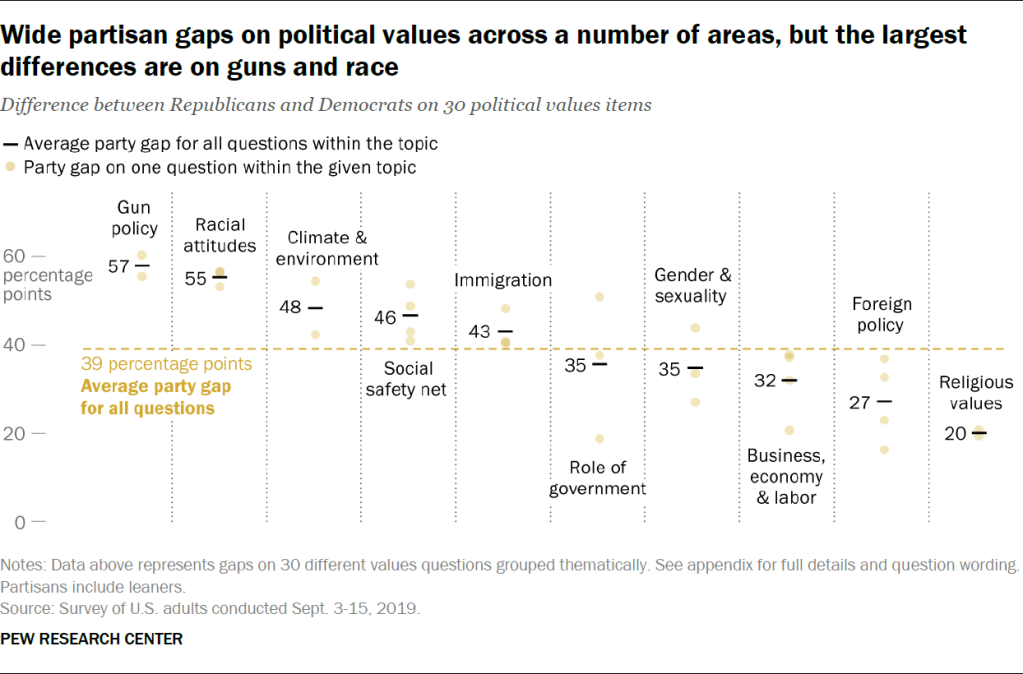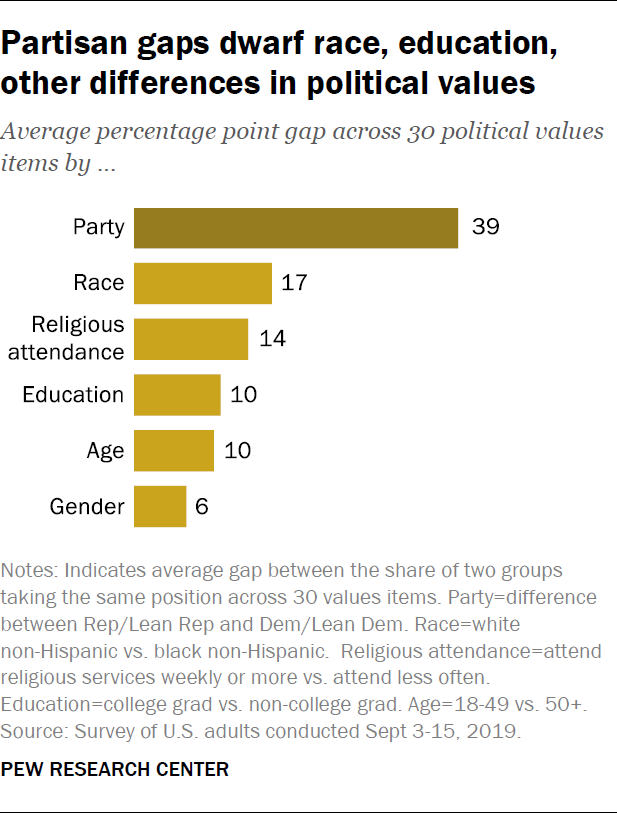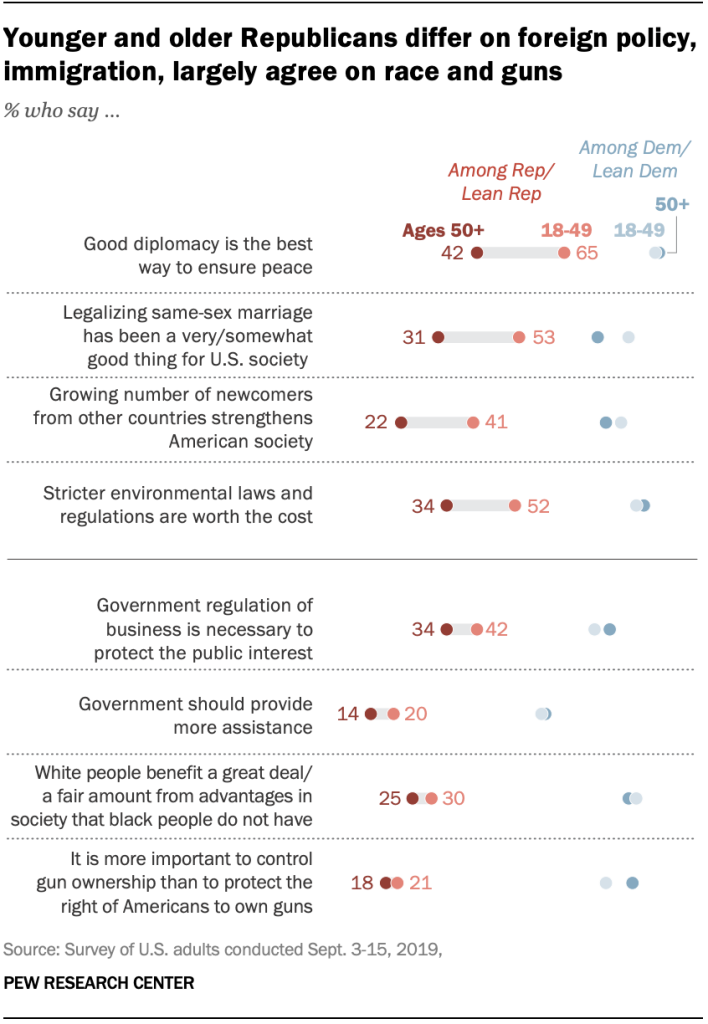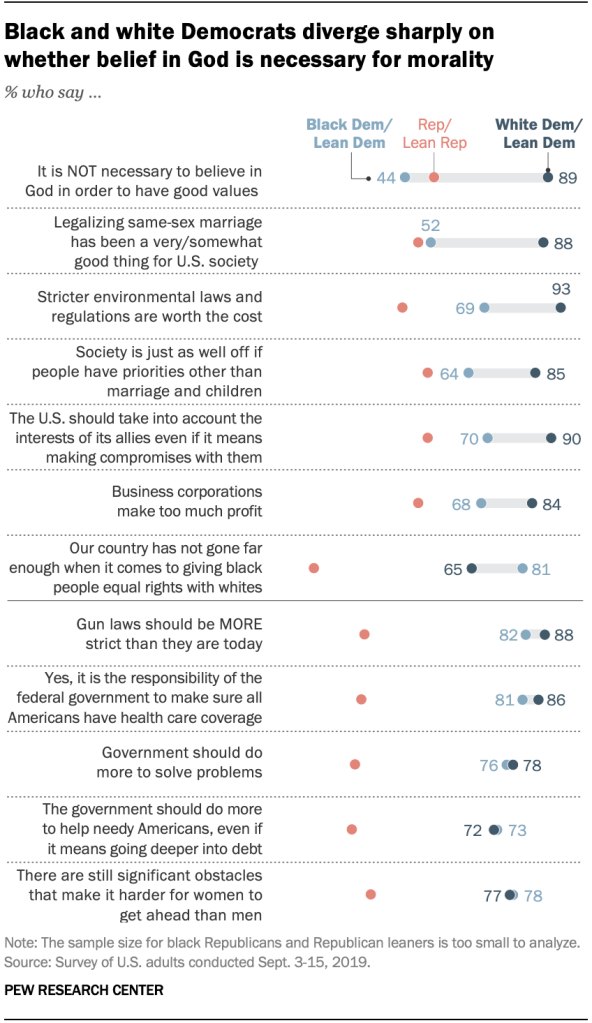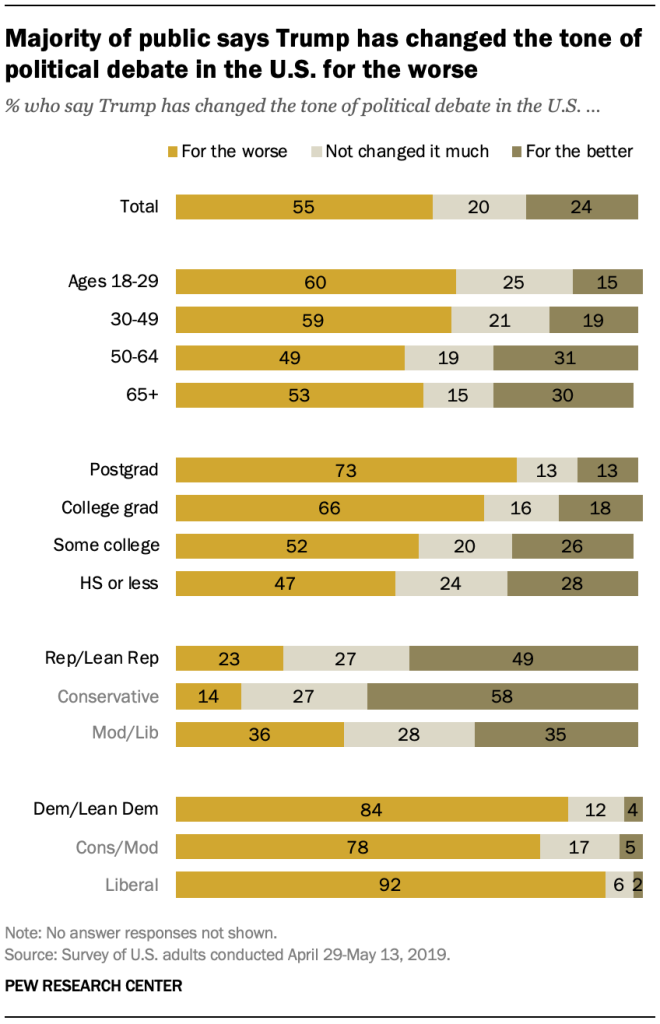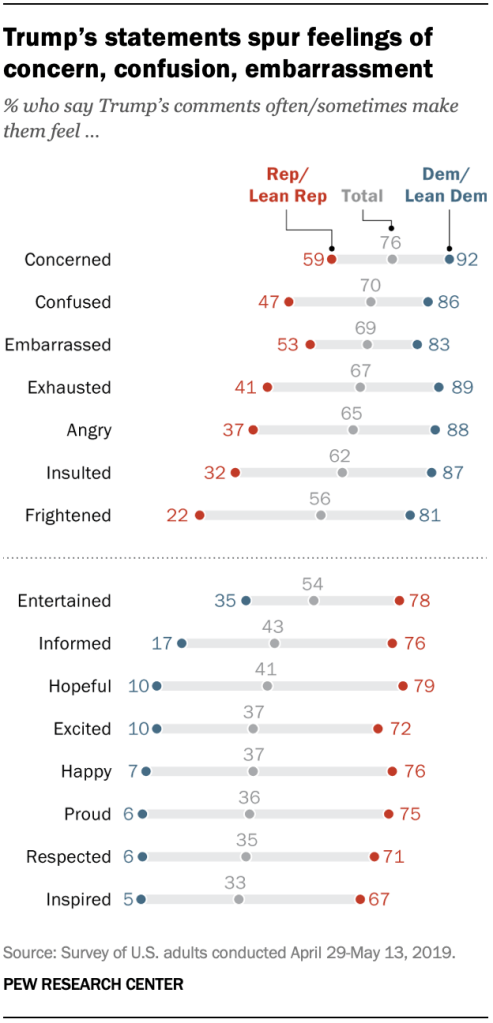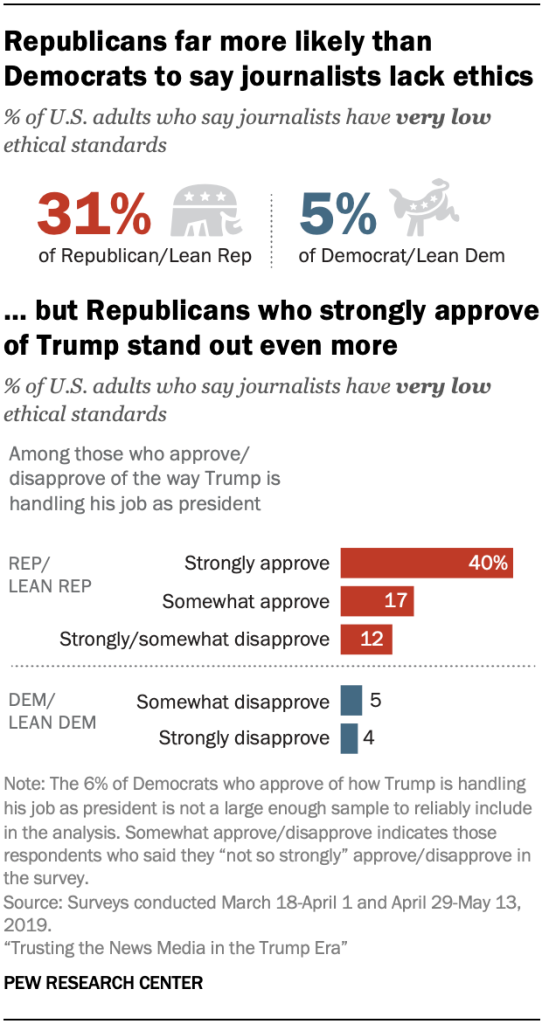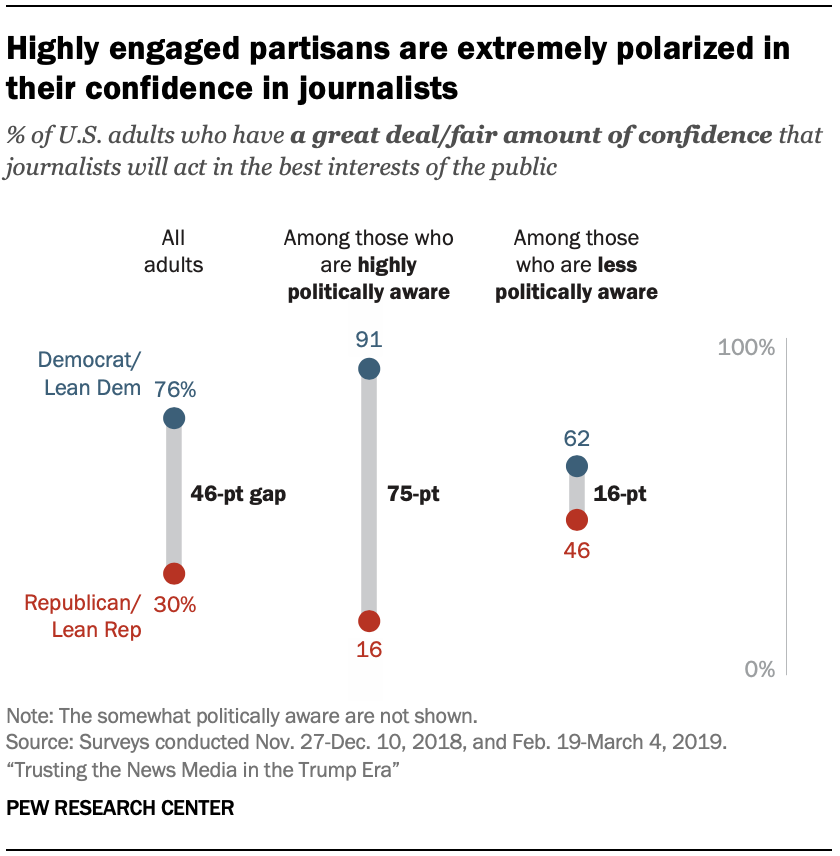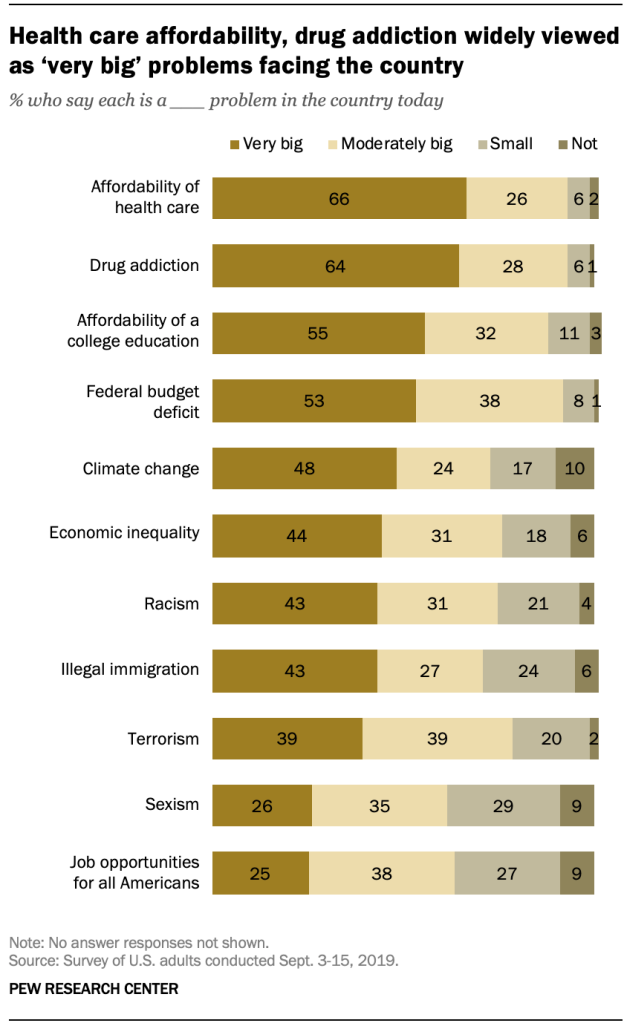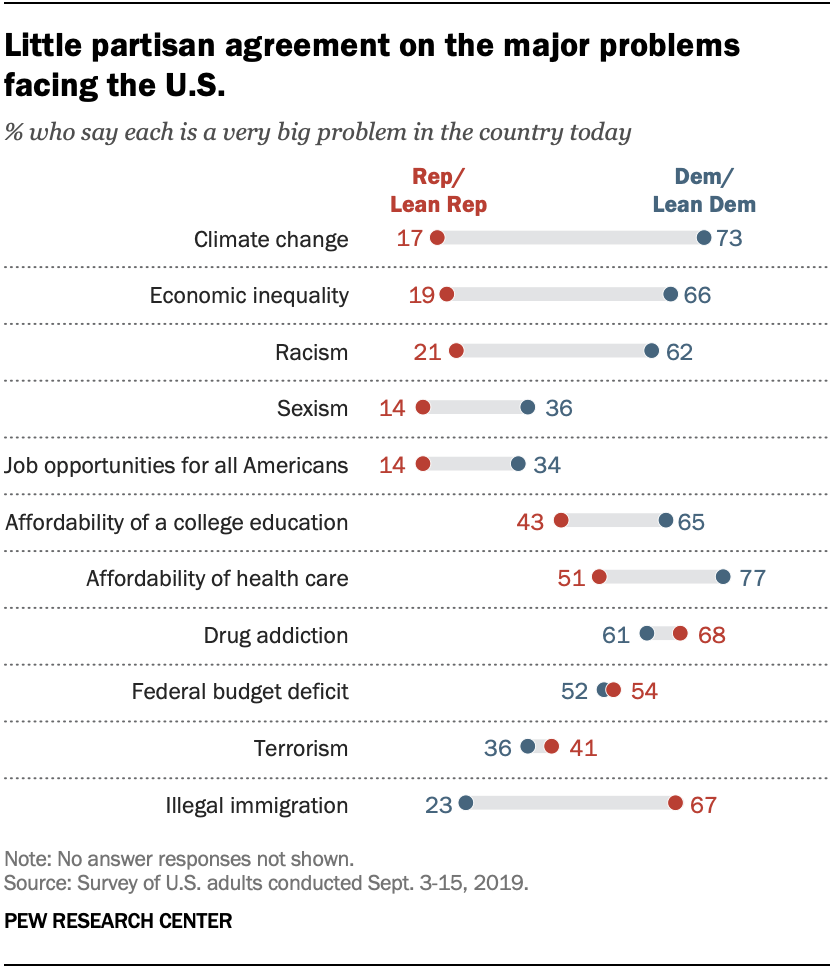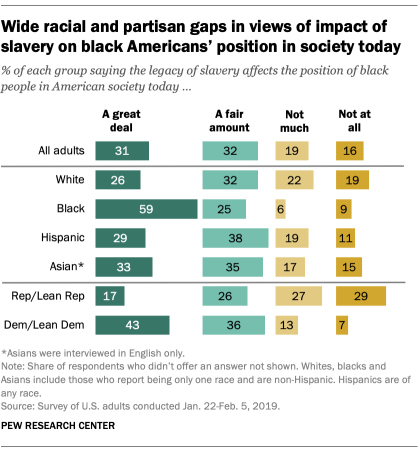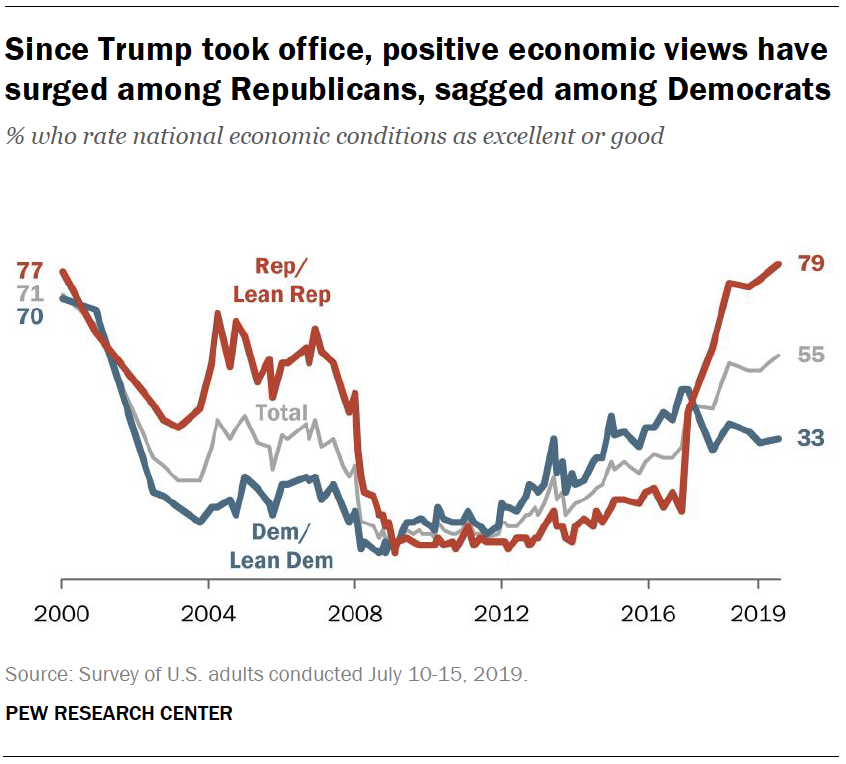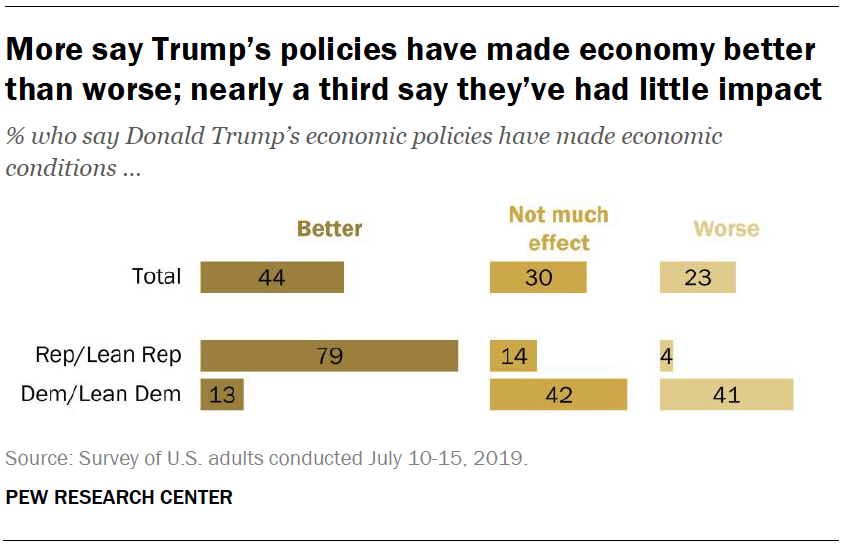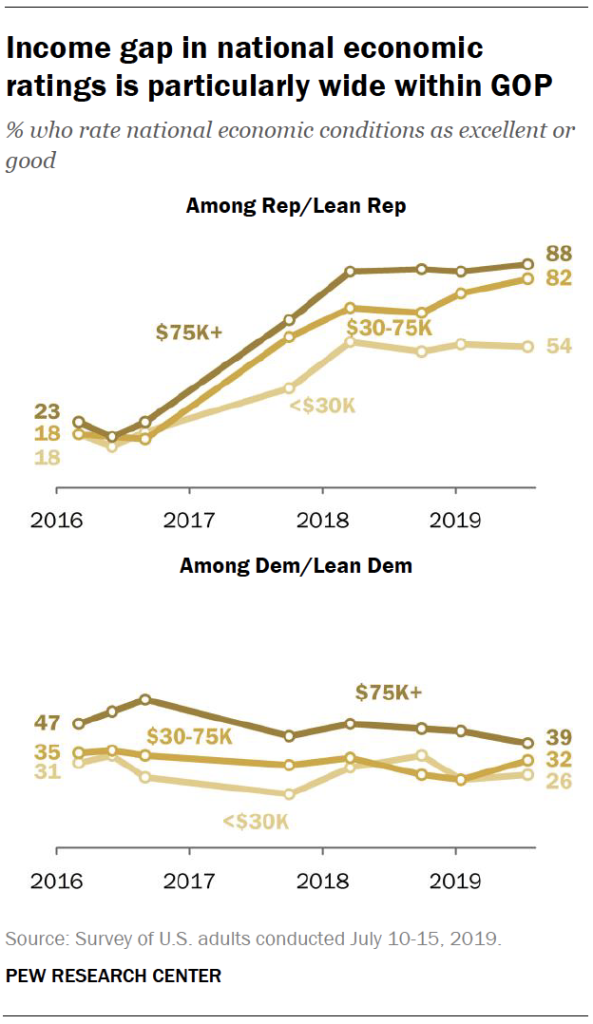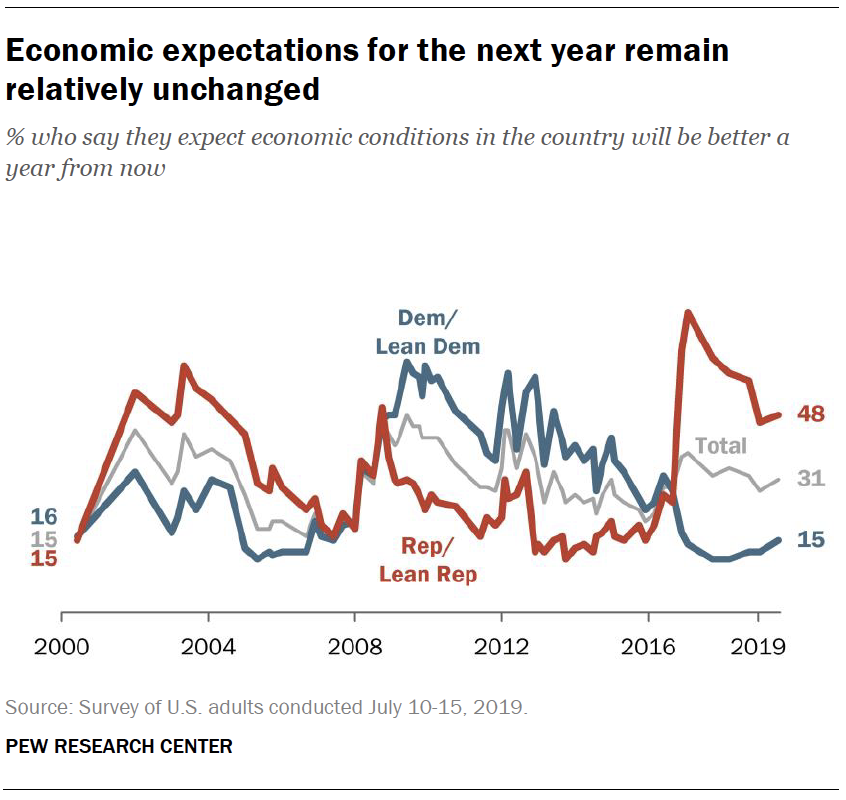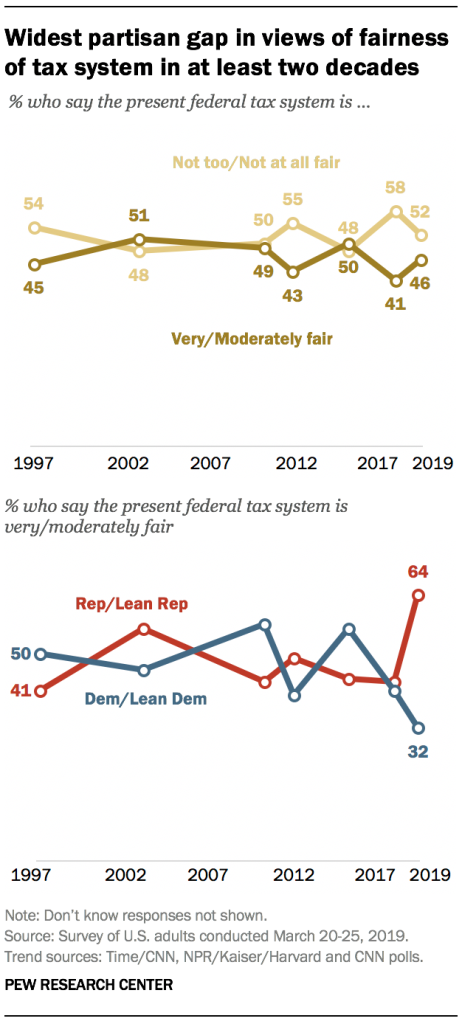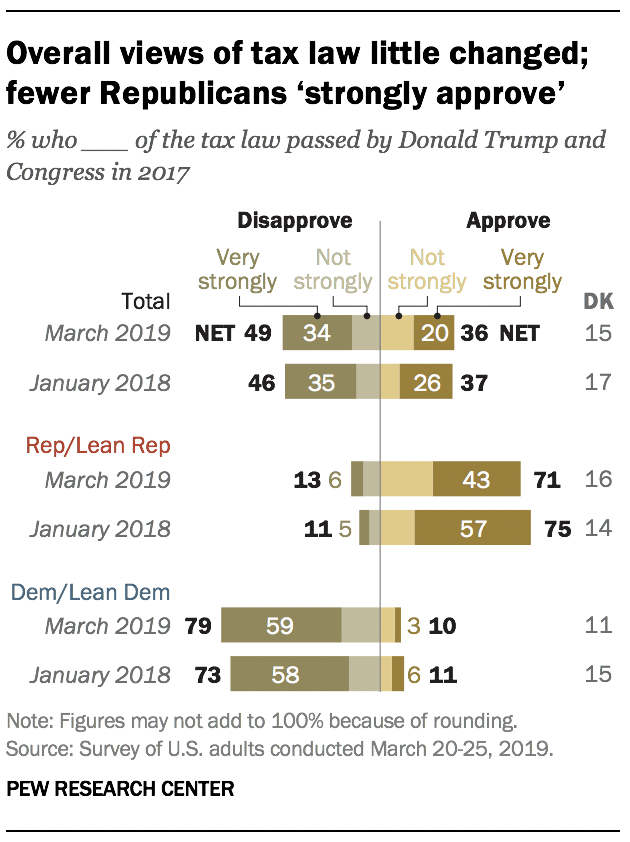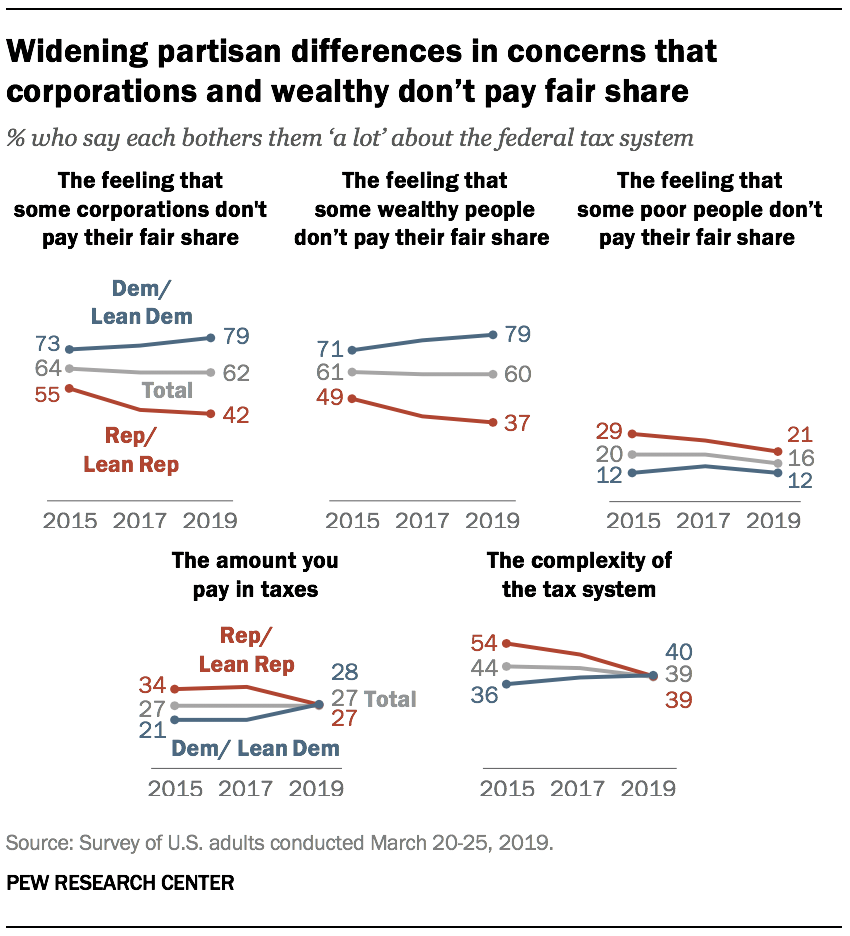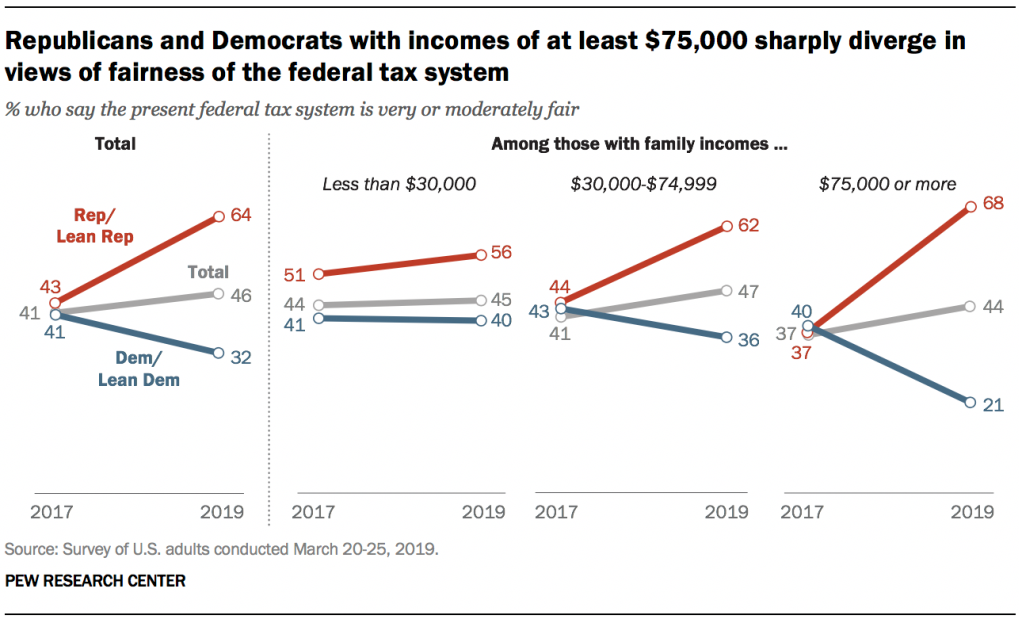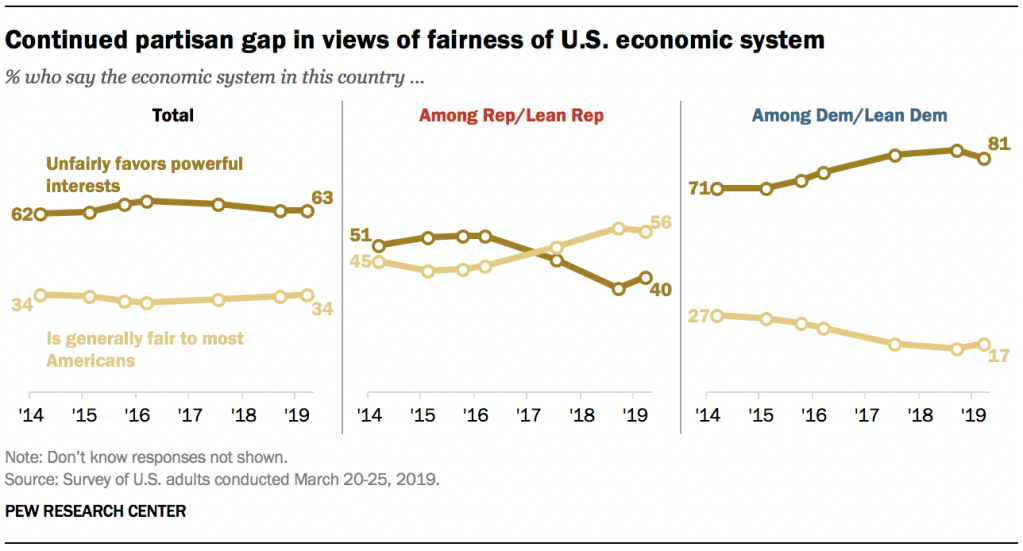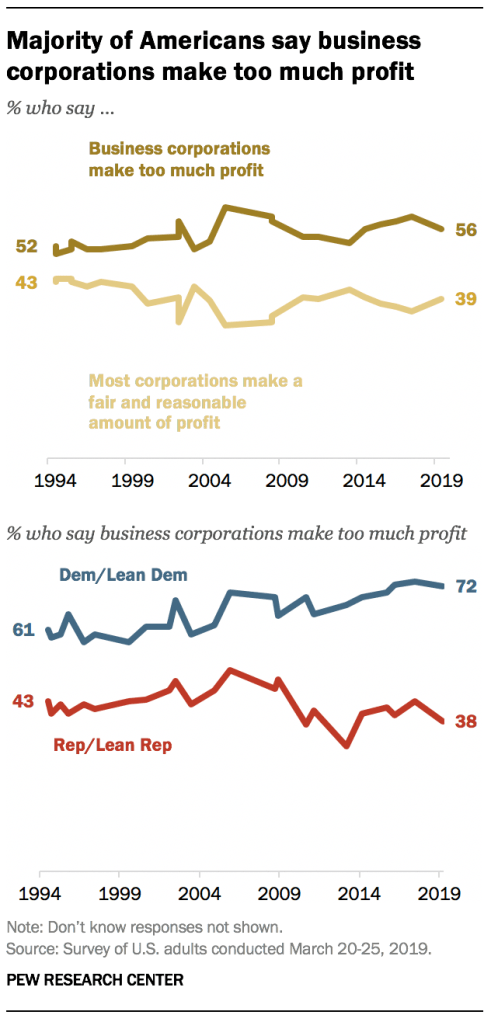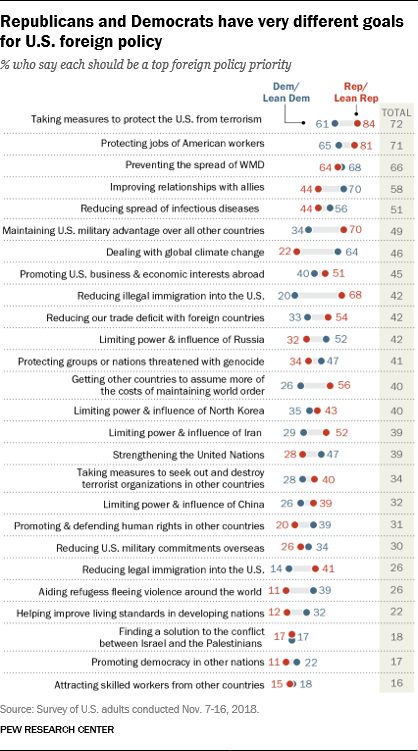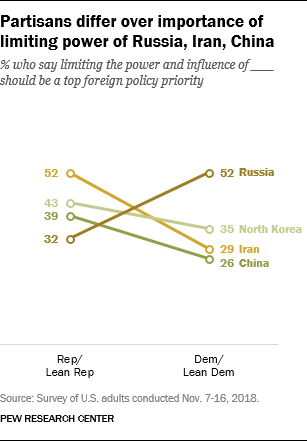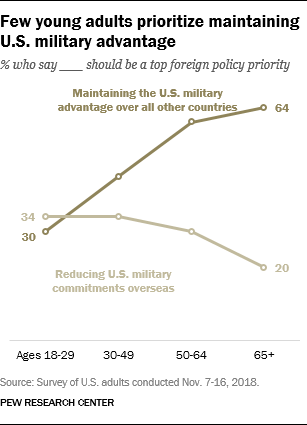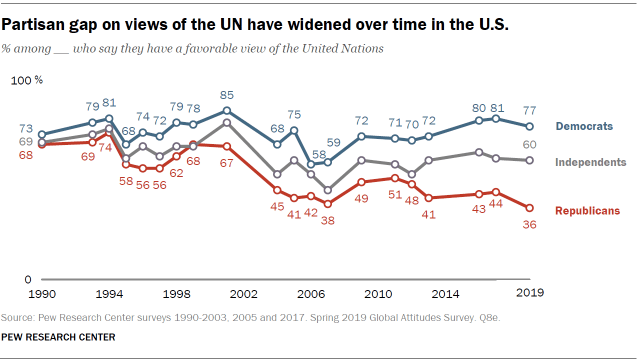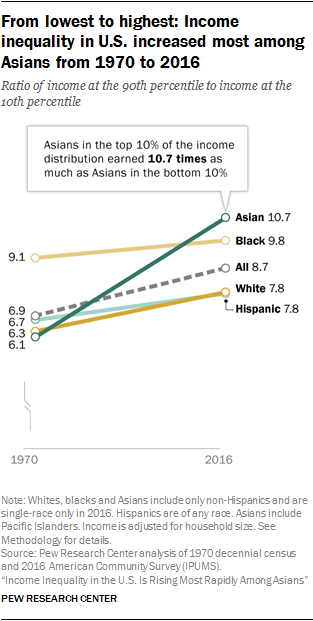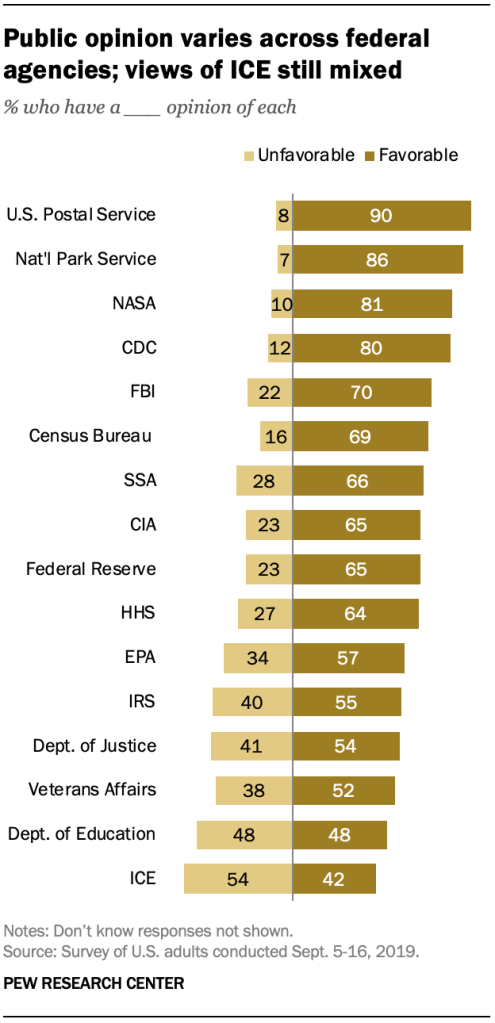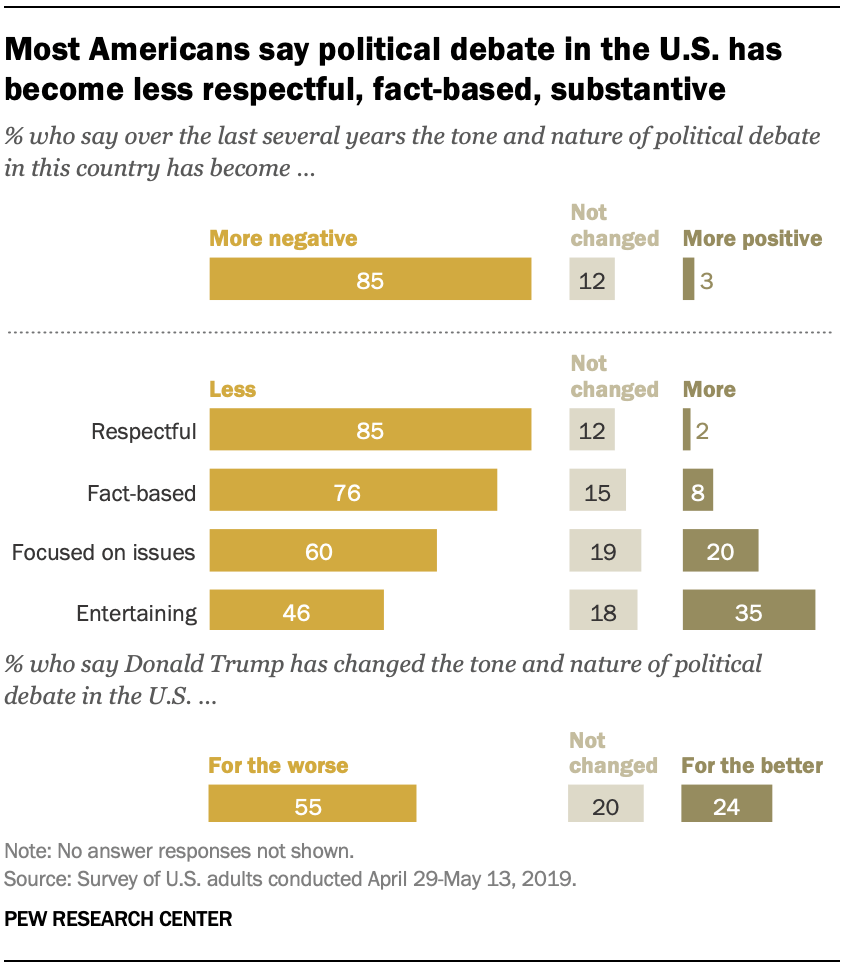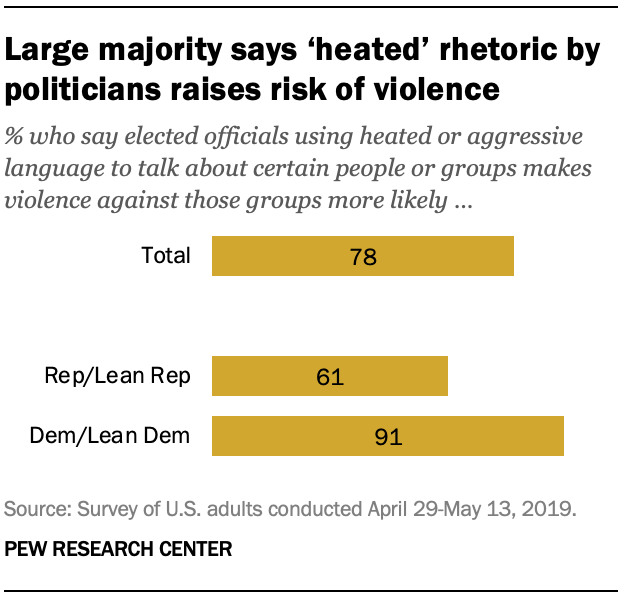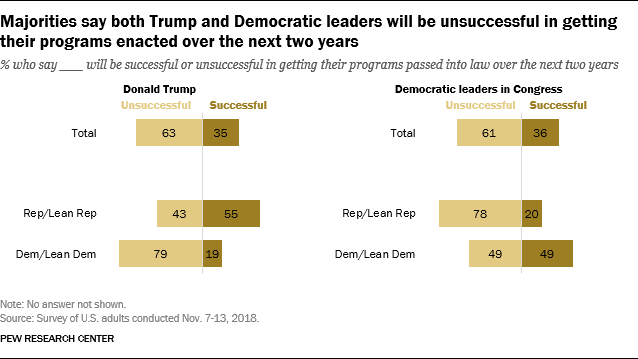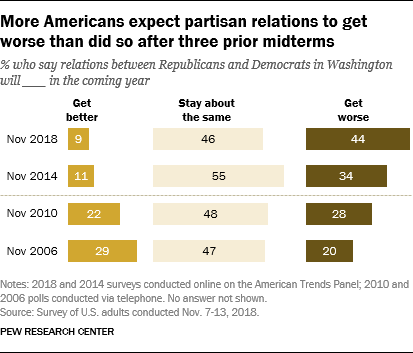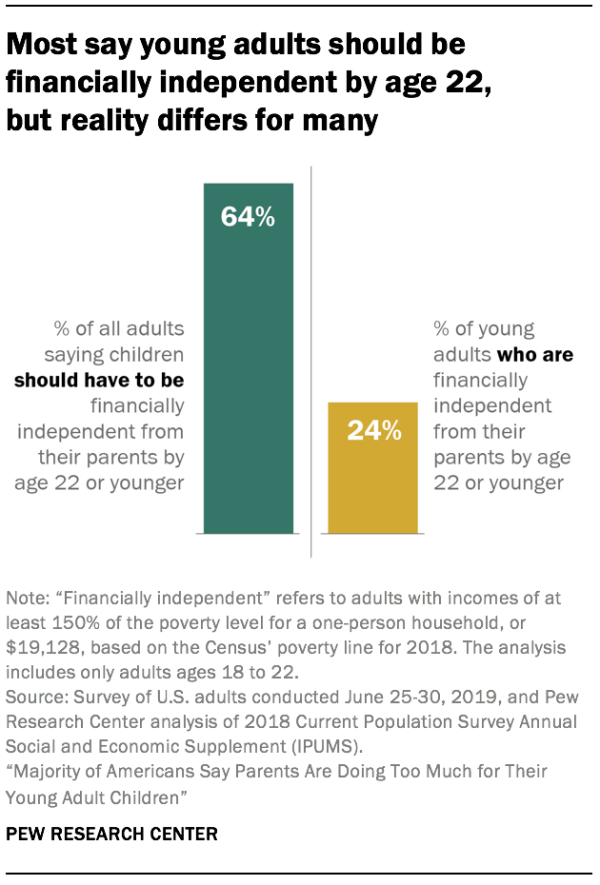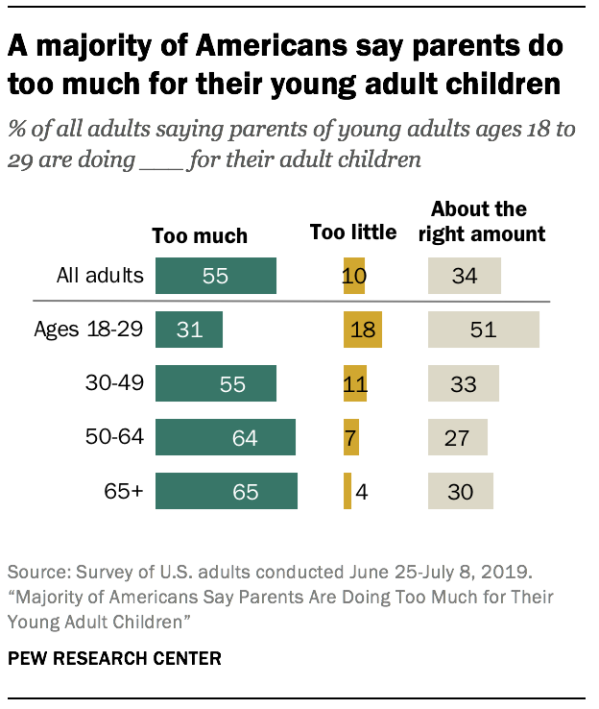笨狼发牢骚
发发牢骚,解解闷,消消愁从这

到这

Vija Celmins: Untitled (Ocean), 1970
世界的贫富不均是追求增长的结果,还是说只要纵容发财有利,忽视贫富不均,就必然带来高速增长?
适当的工业政策是合理的吗?
《彭博个人专栏》Should Government ‘Pick Winners’? It’s Worked Before( Noah Smith,经济学家)
Eight books on what's known as industrial policy show the successes and the failures.
《彭博个人专栏》China's Industrial Policies Work. So Copy Them(Gabriel Wildau,前《金融时报》驻上海组长)
This economist has a plan to fix capitalism. It's time we all listened
What a street looks like after HongKong protesters left. pic.twitter.com/0VTdM8TPR0
— Liam Stone石立安 (@liamstone_19) November 18, 2019
中国银行的水平:深夜小巷里,我遭遇了中国第一大银行的伏击,导致外人讥讽上海“取代香港金融中心”的幻想
‘Harvey Weinstein Told Me He Liked Chinese Girls’
A demand that S Korea pay 500% more is designed to be rejected. @realDonaldTrump? may well be looking for a pretext to withdraw US troops; the result will be a greater chance of war and a nuclear Japan. This is strategic recklessness on a grand scale. https://t.co/WYAtwg8Bsb
— Richard N. Haass (@RichardHaass) November 15, 2019


中国的三角债,三角贷
《纽时》How Scientists Got Climate Change So Wrong

《金融时报》步《经济学人》后尘。任命历史上首位女总编,Roula Khalaf

《经济学人》总编,Zanny Minton Beddoes
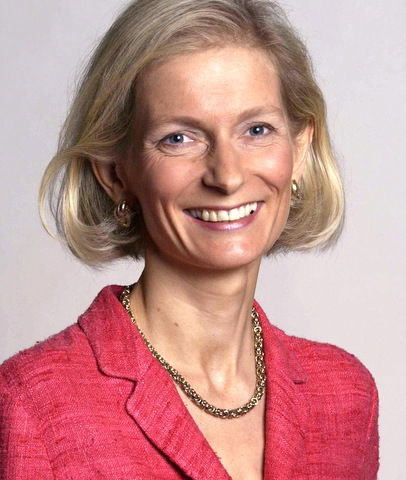
纽约市立大学历史学家Alexander Zevin所著Liberalism at Large: The World According to the Economist,翻阅了《经济学人》百多年的历史,发现它所推崇的自由经济其实是权贵、殖民和帝国自由经济,参见命笔Pankaj Mishra在《纽约客》的书评:Liberalism According to the Economist。
US vs. China, NSC-68, and how times have changed
作者“笔名优述,兴趣电影,书,科技,艺术,政治,数据和经济内容。我在上海,北京, 日内瓦, 和伦敦读过书。大部分时间我在北京”。


美帝国
American Empire
美国海外军事据点图
This Map Shows Where in the World the U.S. Military Is Combatting Terrorism
The infographic reveals for the first time that the U.S. is now operating in 40 percent of the world’s nations
U.S. Military Says It Has a “Light Footprint” in Africa. These Documents Show a Vast Network of Bases
Where in the World Is the U.S. Military?
Global Bootprints
军事基地的费用
Overseas Basing of U.S. Military Forces
What the U.S. Gets for Defending Its Allies and Interests Abroad
Withdrawing from Overseas Bases: Why a Forward‐?Deployed Military Posture Is Unnecessary, Outdated, and Dangerous
‘Cost Plus 50’ and Bringing U.S. Troops Home: A Look at the Numbers
Samuel Moyn is Henry R. Luce professor of jurisprudence and professor of history at Yale University and a fellow of the Quincy Institute for Responsible Statecraft, and Stephen Wertheim is deputy director of research and policy at the Quincy Institute for Responsible Statecraft. He is also a research scholar at the Saltzman Institute of War and Peace Studies at Columbia University
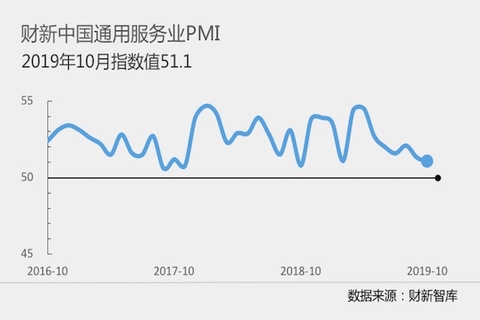
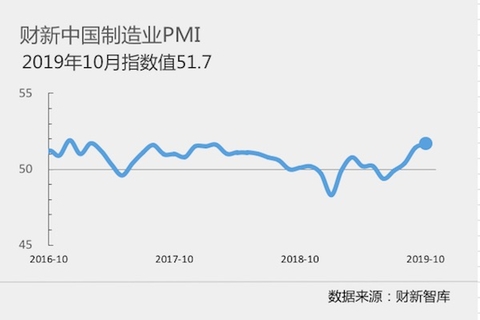








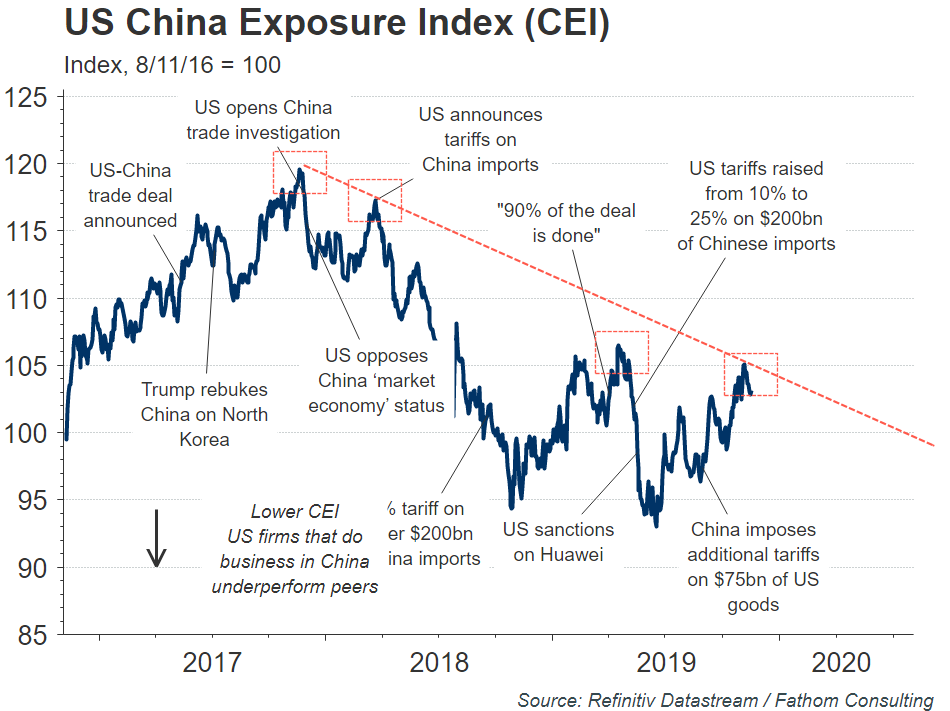
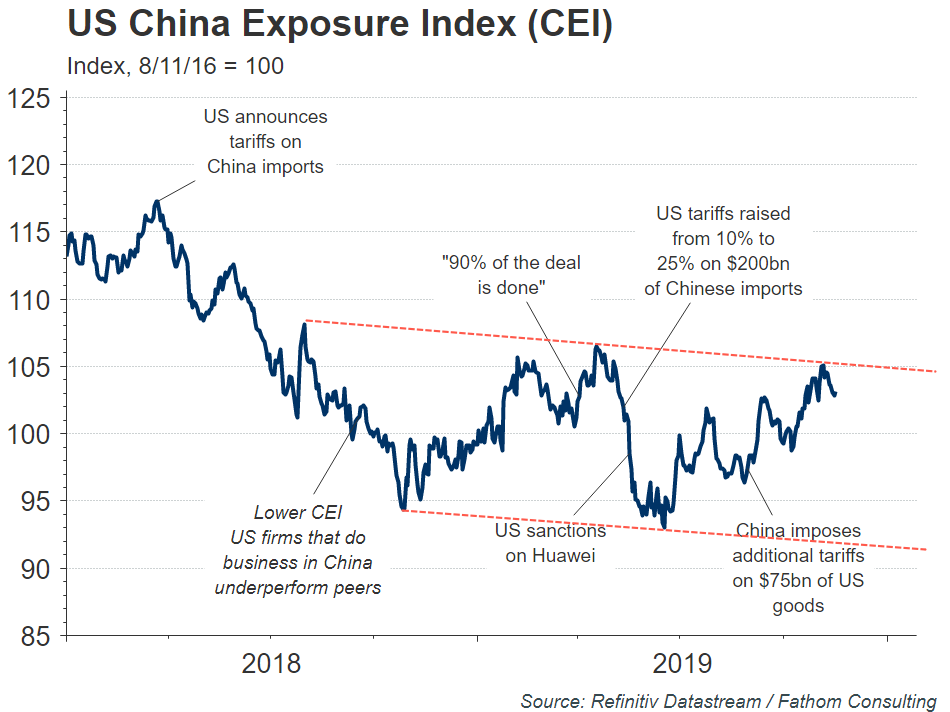
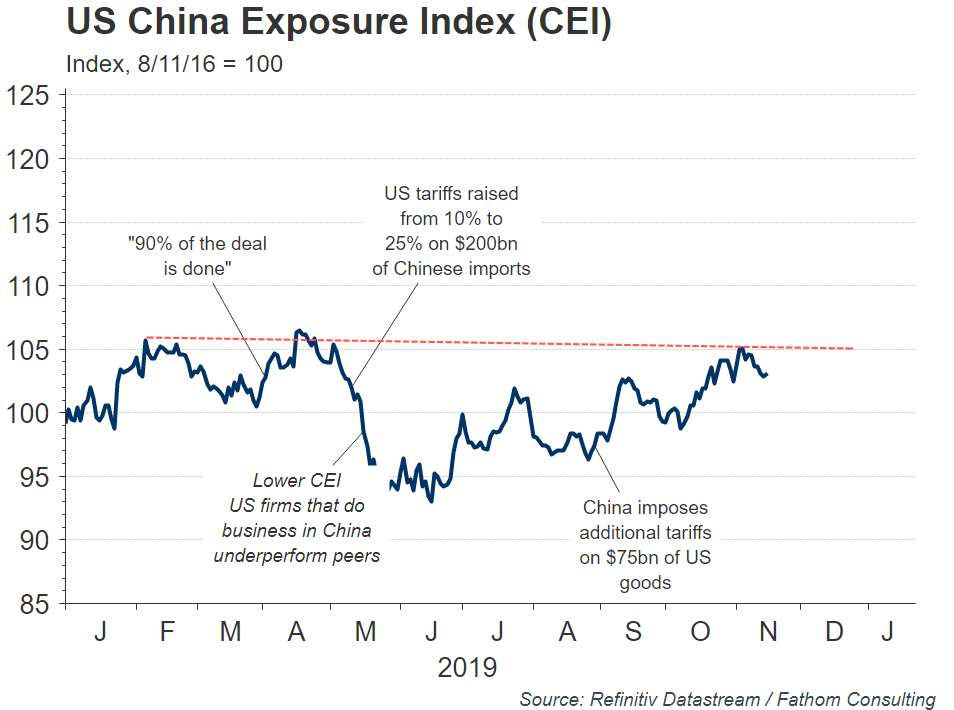
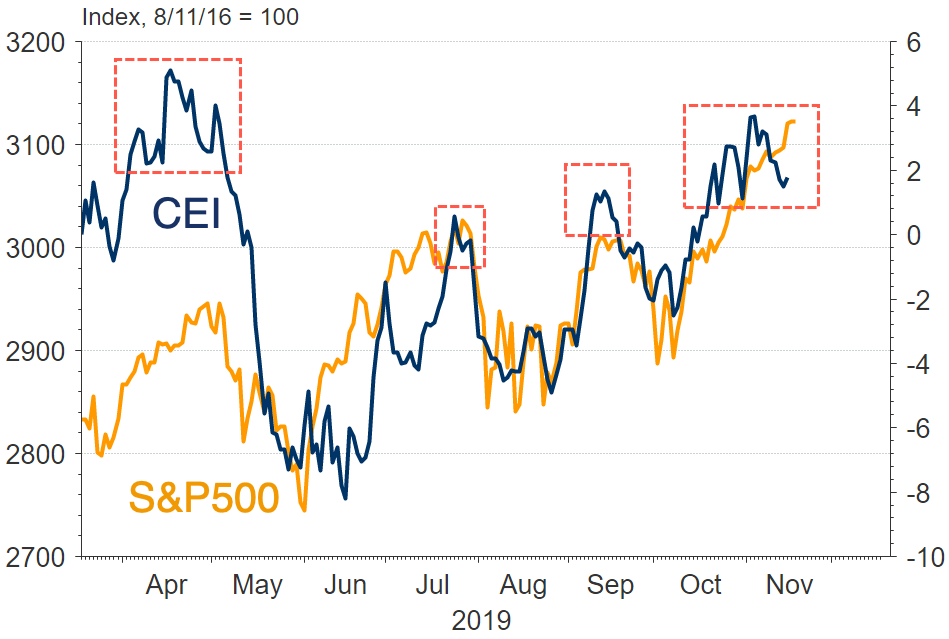
中国领导阶层对信贷的新共识
《布鲁金斯学会》Are wages rising, falling, or stagnating?










